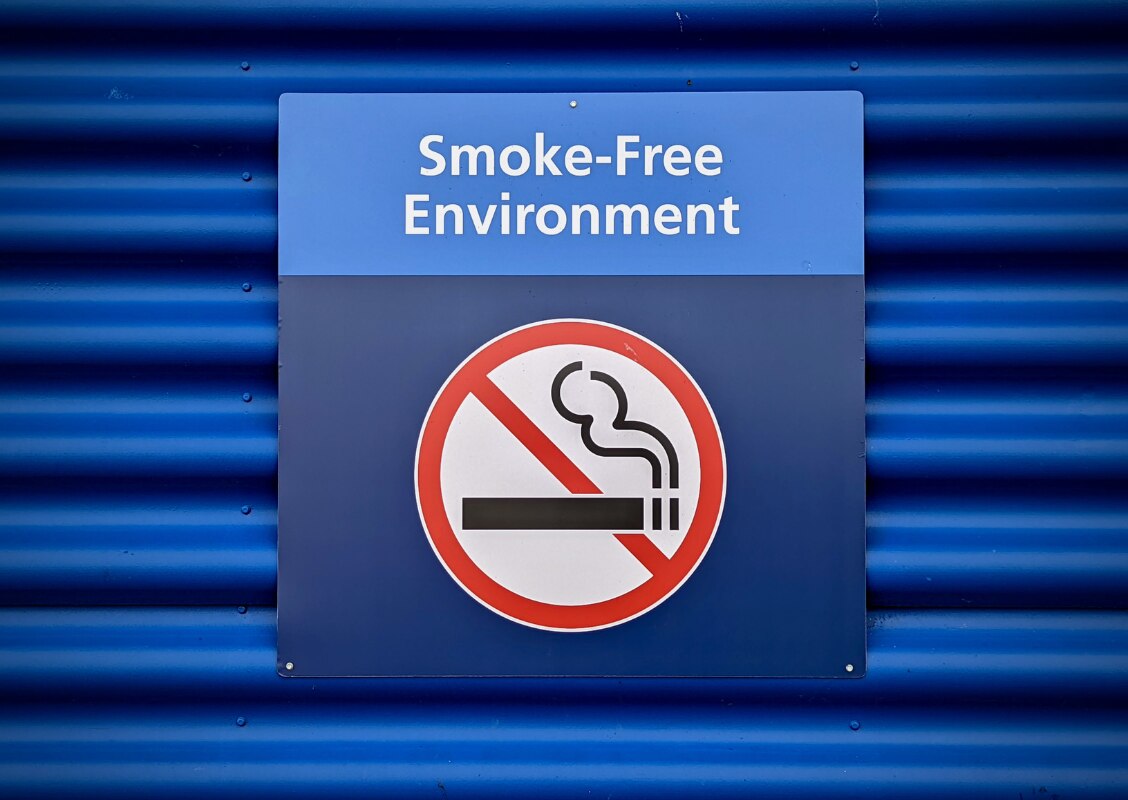Rapid Eye Movement, abbreviated as REM, is a sleeping phase that occurs during sleep and prompts rapid movement of the eyes behind the closed eyelids. It is described as the most active part of sleep for the simple reason of being a stage in which most vivid dreams are seen.
Despite the abbreviation ‘REM’ only specifying the eye, there is much more than just ‘rapid eye movement’ that takes place during the REM sleep phase, contrary to the common myths that falsely state that REM Sleep is a stage in which there is the only abnormal movement of the eye.
Even though REM Sleep seems to be an unusual and bizarre stage of sleep, it’s actually completely normal to go through and, in fact, quite good for the body.
If you have been unaware of the REM stage all these years, you may be astonished to know that REM Sleep takes up to 25% of sleep for adults and roughly 50% for newborn babies.
That said, it is important to know that if you have a deficiency in the amount of REM sleep your body gets, there is a fair possibility for your body to face consequences. In fact, Deprivation of REM sleep during the night can have a direct effect on memory formation, as a result of which you may have to go through other procedures.
Therefore, if you have suspected a lack of REM sleep in your everyday night's sleep, you may want to look into ways of getting that resolved since the consequences you may face certainly won’t be pleasant!
What you Will Experience in the REM Stage.
During REM sleep, it is ordinary:
● For your eyes to move rapidly behind the closed eyelids
● For your Breathing pattern to change
● For your brain waves to change in an unusual way
● To see vivid dreams that may be remembered once woken up
When Does REM Sleep Take Place?
For most people, REM Sleep takes place around 90 minutes after the time of falling asleep. For others, the REM stage during sleep varies and can even be experienced during the last few hours of sleep—in some cases, even an hour after their 8th-9th hour of falling asleep!
What Makes REM Sleep Important for The Body?
In contrast to normal sleep stages, REM sleep, in particular, is agreed to be far more beneficial for brain development than other stages. To be specific, REM sleep boosts working memory and, by extension, is greatly beneficial for emotional processing as well as creative thinking. In addition to just helping with brain development, researchers have also found REM sleep fairly advantageous for recovering from stressful events and lessening the chances of PTSD (post-traumatic stress disorder) progression.
Why Do People Lack REM Sleep?
Despite the fact that there is a certain amount of REM sleep required for people– depending on the age group they fall under– it is not uncommon for people to lack REM sleep. REM Sleep can lack in people who intake specific medications such as Antidepressants, smoke heavily, sleep in very hot/cold temperatures and even those people that have an unbalanced sleep/wake routine.
How To Get More REM Sleep?
Given that the REM stage occurs after at least 90 minutes of sleep and for some people in the later parts of their sleep, it is first and foremost crucial to ensure that you are getting the right quantity of sleep in order to complete the REM sleep cycles. As a result, if you assume that you’ll obtain an adequate amount of REM cycle after a half an hour nap, keep in mind that it won’t be anywhere near enough; instead, you’ll need a full night’s worth of sleep (ideally oriented with your recommended age sleep time) to acquire the REM cycles your body requires.
Here are a few more tried and tested ways of getting the recommended amount of REM sleep cycle:
1. Stay Consistent on Your Sleep Schedule
One of the biggest mistakes people (who have REM deprivations) make is not maintaining their sleep-wake schedule. Waking up and sleeping at irregular times confuses the body and consequently interferes with the REM cycles the body goes through. Hence, it is essential to ensure that your sleep schedule is taken seriously, irrespective of whether it is the weekdays or the weekends.
2. Stop Consumption of Caffeine, Alcohol and Tabacco
Consumption of alcohol, caffeine and Tabacco makes it a lot harder for the body to fall asleep. Even if the body falls asleep despite consuming them, progressing through the different stages of sleep becomes a lot more challenging for the body, which is why experts recommend staying away from such things, especially before the time an individual sleeps.

3. Adopt Sleep Hygiene Techniques
Most common among people who have difficulty falling asleep, sleep hygiene techniques are ideal for having a healthy sleep routine whilst also allowing the body to go through all the sleep stages that are necessary.
Sleep hygiene techniques include exercising daily, having a quiet and sleep-friendly room environment, and creating a nice routine before going to bed (e.g. reading or having a nice bath). Keeping gadgets and distracting items out of the bedroom (phones, boardgames etc.) is also encouraged by experts to avoid staying up unnecessarily.
If you are unable to sleep after half an hour or more of trying, experts recommend leaving the bedroom and engaging in another peaceful activity (such as reading) until your body gets sleepy enough to go to bed and finally fall asleep!
4. Sleep in a Comfortable Environment
Investing in a nice bed frame and comfortable mattress to sleep on is wise, considering an average person spends more than ⅓ of their life sleeping. Regardless of what mattress you have on your bed frame, as long as it helps you sleep and is comfortable and cosy, there is no need to worry!
If you are currently left with an uncomfortable selection of beds in your house, you can always look for Electric beds—these are extremely useful for ensuring a premium level of sleep as they enable users to sleep in the position/s they find most comfortable. These positions can conveniently be set with just a few clicks of a remote control provided and have dozens of health benefits too!
